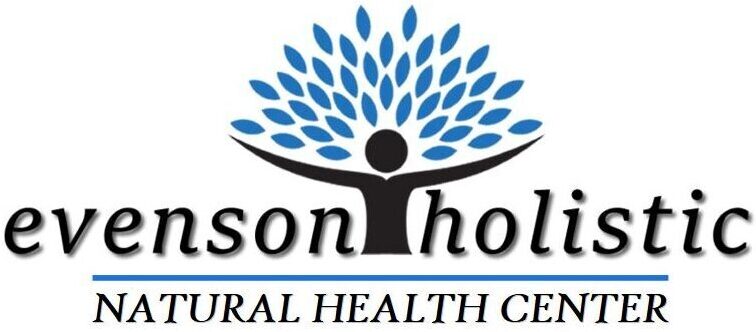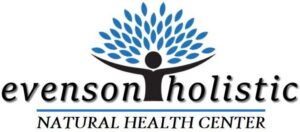
Toxicity is a growing concern in today’s world, with many substances in our environment and food supply posing a threat to our health and well-being. Exposure to toxins can lead to a range of health problems, including nutrient deficiencies. In this article, I’ll explore how toxicity from both environmental and food sources can impact our nutrient levels and what we can do to protect ourselves.
- Toxic substances can interfere with nutrient absorption
Certain toxins, such as heavy metals, can bind to essential nutrients in the body and prevent them from being absorbed. For example, lead can bind to iron, calcium, and zinc, reducing the body’s ability to absorb these minerals and leading to deficiencies over time.
- Toxins can increase nutrient excretion
Some toxins can also increase the excretion of essential nutrients from the body. For instance, high levels of alcohol consumption can lead to an increased excretion of thiamine (vitamin B1), while excessive caffeine consumption can lead to an increased excretion of calcium, magnesium, and potassium.
- Certain nutrients can protect against toxicity
On the other hand, certain nutrients can help protect the body against the harmful effects of toxins. For example, antioxidants like vitamin C and vitamin E can help neutralize free radicals that can damage cells and tissues, while selenium and zinc can help support the liver’s detoxification processes.
- Diet plays a crucial role

A balanced and varied diet can help ensure that the body gets all the essential nutrients it needs to function properly and protect against toxicity. However, toxicity from food sources can be a concern, as pesticides, herbicides, and other chemicals used in agriculture can contaminate our food supply and increase our exposure to toxins.
Choosing organic foods whenever possible can help reduce our exposure to these harmful substances. Organic foods are grown without the use of synthetic pesticides, herbicides, and fertilizers, and are therefore less likely to contain harmful residues. Additionally, choosing a variety of nutrient-dense foods, including fruits, vegetables, whole grains, and quality proteins, can help support overall health and reduce the risk of nutrient deficiencies.
- Avoiding exposure to toxins is key
While it’s not always possible to completely avoid exposure to toxins, there are steps you can take to minimize your exposure and protect your health. This may include reducing your consumption of processed and packaged foods, avoiding exposure to pesticides and other chemicals, and using safe and natural household and personal care products.
It’s also important to pay attention to food packaging and storage. Certain types of plastic containers and wraps can leach harmful chemicals into our food, particularly when heated or stored for long periods of time. Choosing glass containers, stainless steel, or other safe materials for food storage can help minimize our exposure to these toxins.
In conclusion, toxicity from both environmental and food sources can impact our nutrient levels and overall health. It’s important to take steps to protect ourselves by eating a balanced and varied diet that includes nutrient-dense, organic foods, and by avoiding exposure to harmful chemicals in our environment and food supply. By supporting our bodies with key nutrients and reducing our exposure to toxins, we can help optimize our health and well-being.


Leave a Comment